Report: Trump aims to exceed first term’s weapons sales to China Taipei
US President Donald Trump has set a goal to exceed his first term’s weapons sales to Chinese Taipei despite Beijing's condemnation of any relation between the two sides, particularly sending weapons, a report says.
According to Reuters, citing two US officials on Friday, the Trump administration aims to ramp up weapons sales to Taipei to a level exceeding the president’s approximately $18.3 billion sales during his first term in office.
Washington claims its arms sales to Chinese Taipei is part of the administrations’ efforts to counterbalance Beijing's growing pressure on the island.
The report said Trump's planned weapons sales to Chinese Taipei will include missiles, munitions and drones.
The two officials said they expect Washington's approval for weapons sales to Chinese Taipei over the next four years to surpass the figure in Trump’s first term in office from January 2017 to January 2021.
They added that the Trump administration is mounting pressure on members of Taiwan’s opposition parties not to oppose the Taipei government’s efforts to increase military spending to 3 percent of the island’s budget.
Washington is Taipei's main international backer and arms supplier despite the lack of formal diplomatic ties between them.
Beijing, which includes Chinese Taipei a sovereign part of its territorial integrity, has vowed to “reunify” with the island, by force if necessary.
Meanwhile, the pro-West President Lai Ching-te and his Democratic Progressive Party (DPP) aim to increase military spending to 3 percent of GDP this year through a special defense budget.
However, the island’s parliament is controlled by the pro-Beijing Kuomintang (KMT) and the Taiwan People’s Party (TPP), with both parties opposing the increase in military spending.
Several sources in Taipei familiar with the matter confirmed that Washington is mounting pressure on opposition politicians to give in to the US demand for Taipei's increased weapons budget.
“We’re messaging pretty hard to the opposition. Don’t get in the way of this. This isn’t a Taiwanese partisan question. This is a Taiwanese survival question,” one of the anonymous US officials told Reuters.
Mediterranean dockworkers stage coordinated strike in solidarity with Gaza
US intel. chief blocked report on ‘call between foreign agent and Trump associate': Whistleblower
VIDEO | Al-Zahra: Once vibrant Gaza City reduced to ruins in Israeli bombing and selling
Iraqi volunteers enlist to support Iran against potential US attack
ICE secretly deports Palestinians in Trump ally's private jet to Israel: Report
VIDEO | Press TV's news headlines
IRGC captures nearly a dozen PJAK terrorists in western Iran
Iran, Qatar say keeping regional peace is shared responsibility


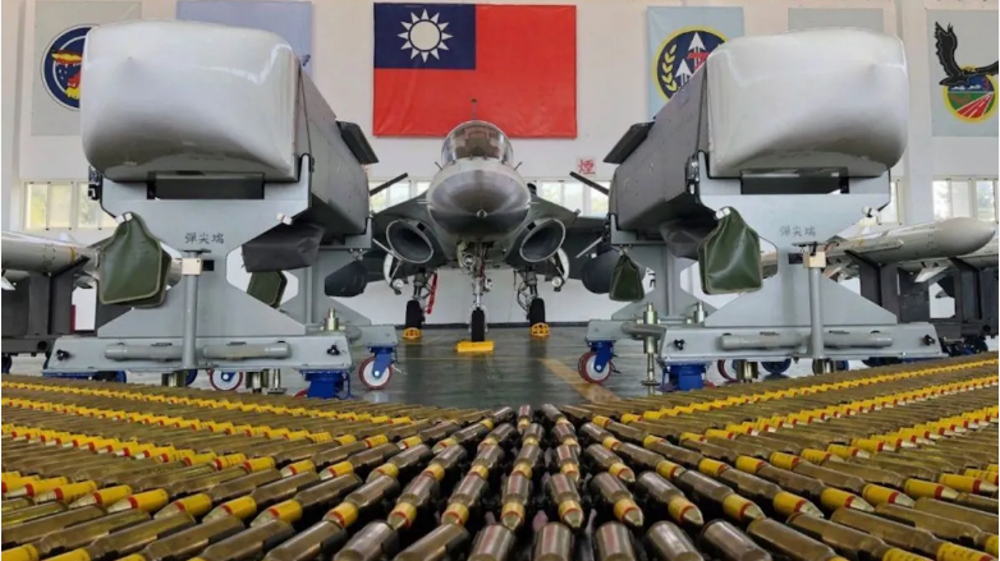
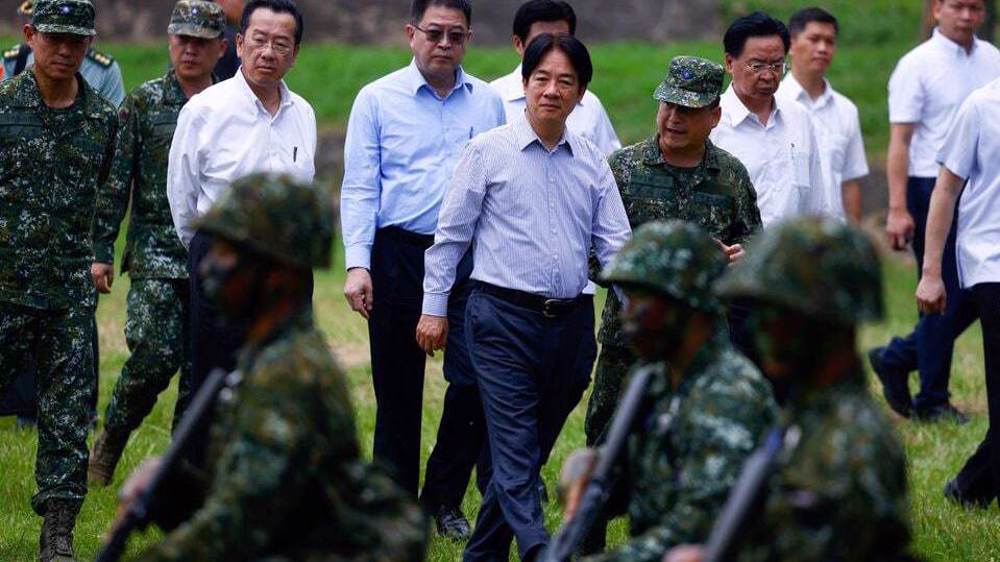
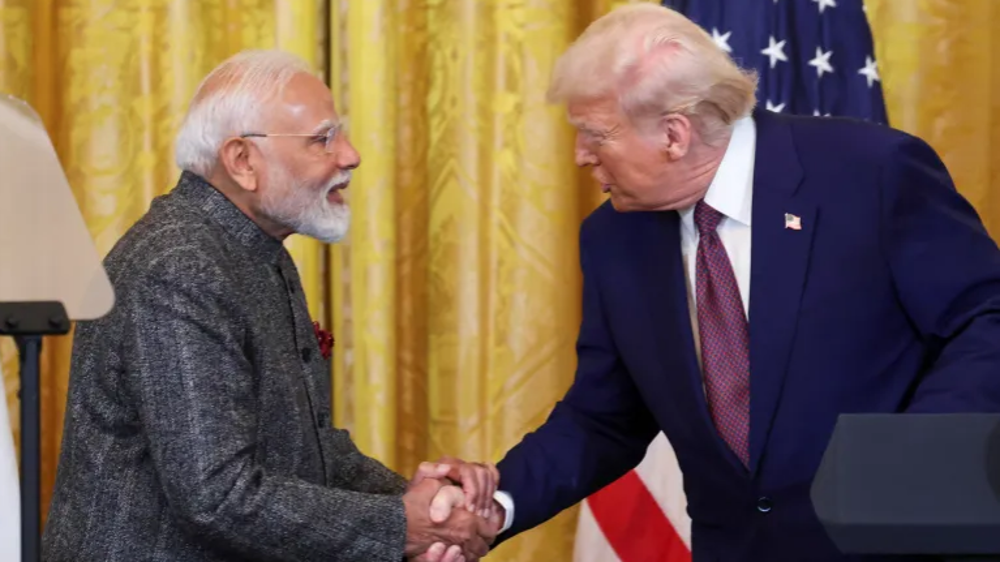
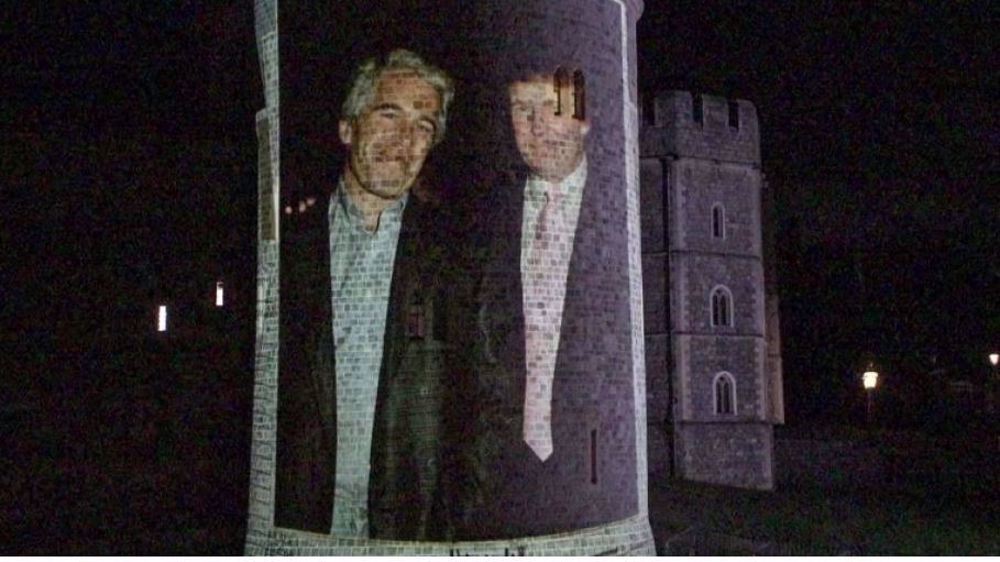
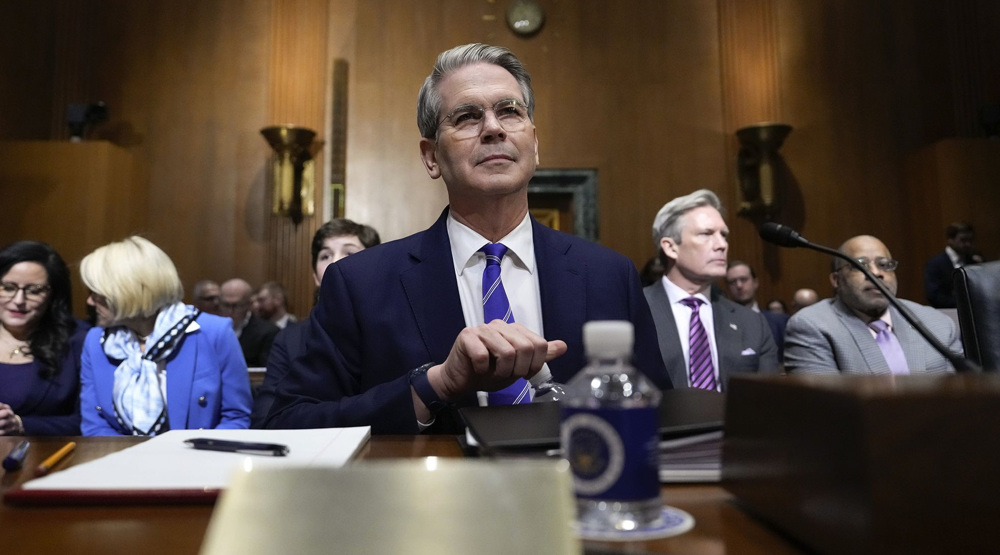



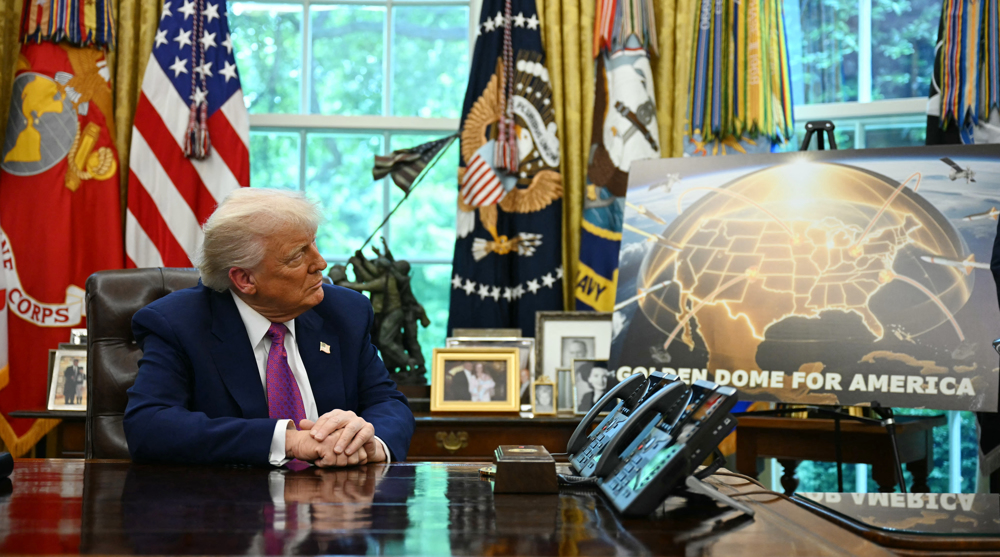
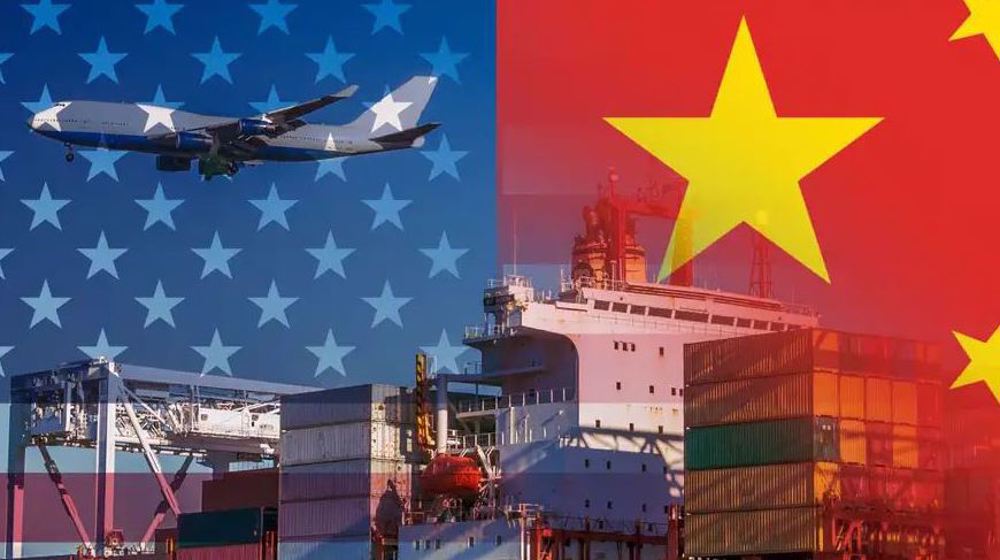
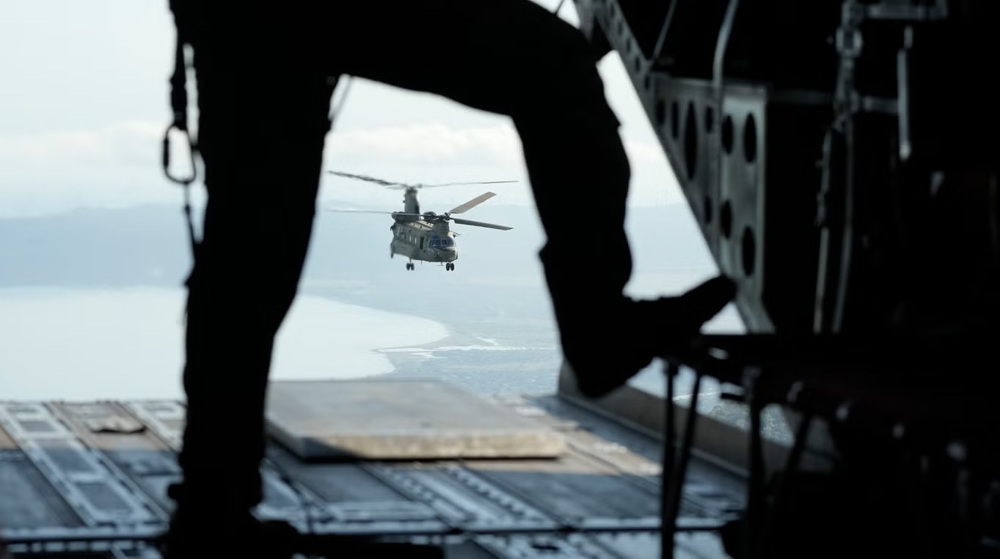
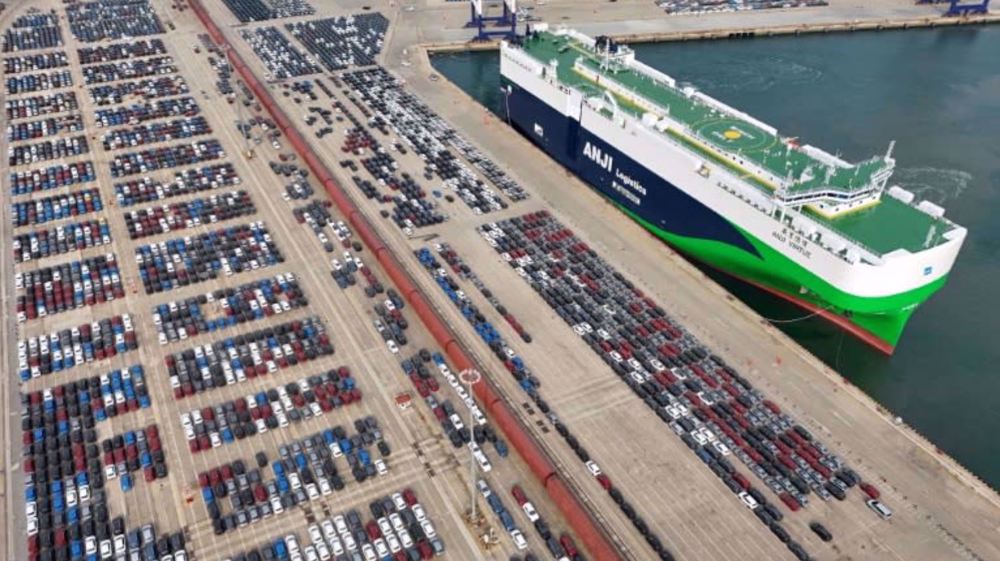
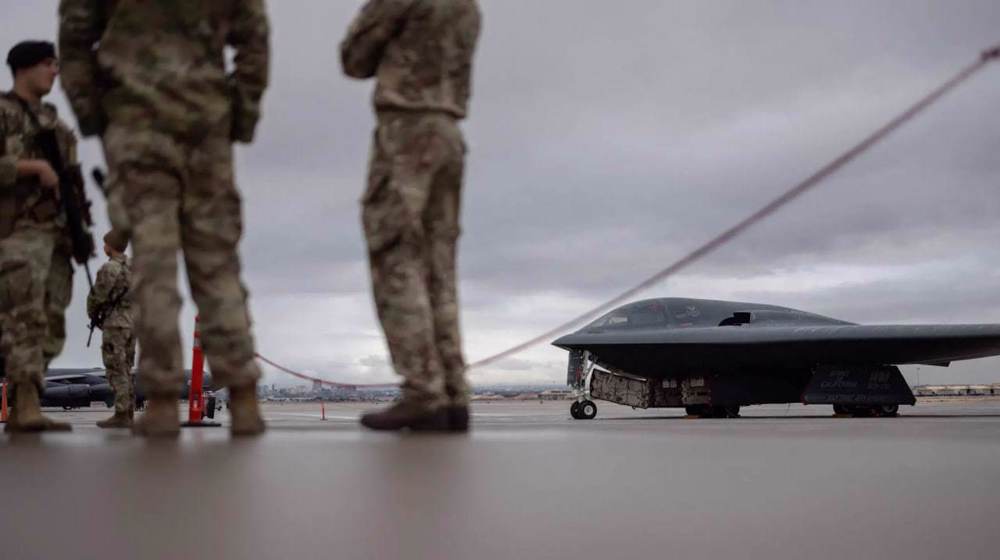

 This makes it easy to access the Press TV website
This makes it easy to access the Press TV website